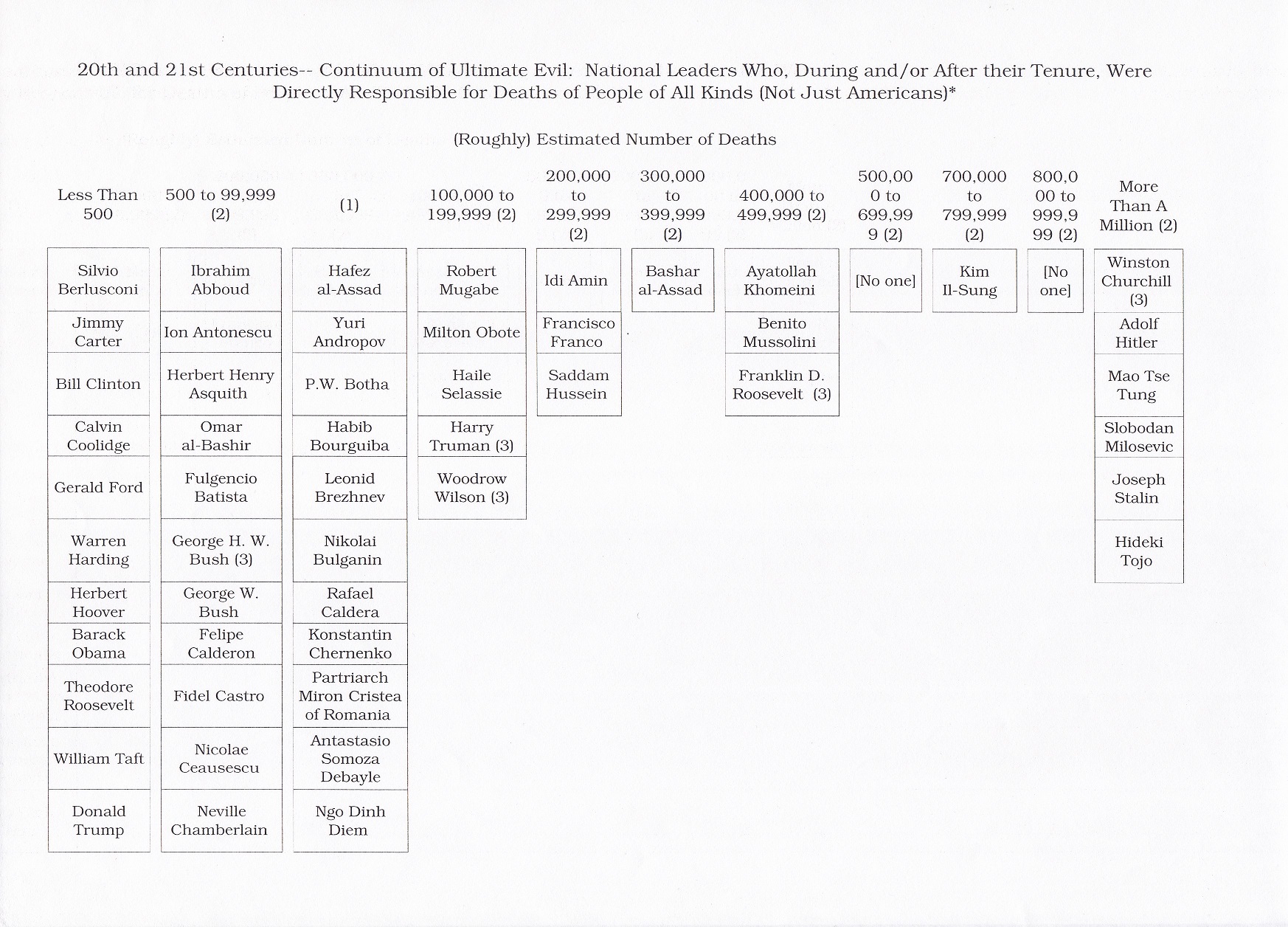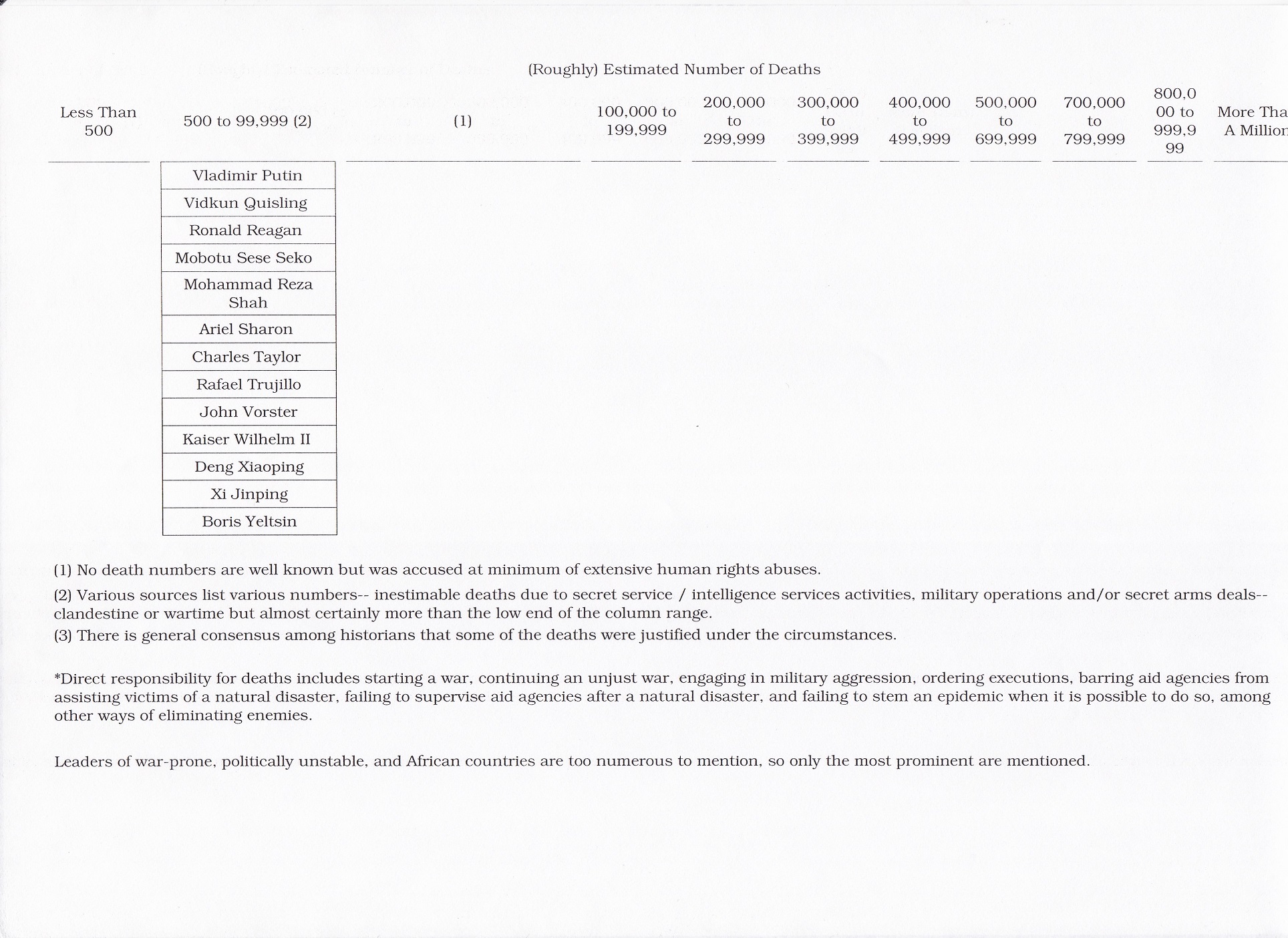The Bonus Book of the Week is “A Memoir According to Kathy Griffin” by Kathy Griffin, published in 2009.
This memoir described the comedian whose shtick consisted of telling humorous, embarrassing stories about members of the entertainment industry. Or, as she characterized herself: “… someone who gets fired, stirs up trouble, and gets debated about on CNN for saying bad things on award shows.” Kudos to her for being an honest, amusing attention whore. She must have brought in sufficient profits for the entertainment industry to tolerate her behavior.
Born in November 1960 in Forest Park, Illinois, the youngest of five children, Griffin grew up in Oak Park, Illinois. At eighteen years old, she moved to Santa Monica, California to be an actress. She apparently had the talent, drive and creativity to get famous.
In the early 2000’s, Griffin performed sufficiently well at the Laugh Factory in Los Angeles to double the length of her show to two hours. This allowed the cocktail waitresses to make sufficient money to pay their rent, “Plus they loved serving the gays, because they were well-dressed, respectful and tipped well.”
Griffin didn’t talk about Anna Nicole Smith right after she died out of respect. As Greg Giraldo would have said, “Too soon, too soon.” Griffin revealed deeply personal information– both of her parents were functional alcoholics, and her oldest brother was a pedophile and substance abuser.
Griffin tried to raise the alarm about her brother, but, as she joked– her parents thought “denial” was a river in Egypt. She admitted to two major errors in her life– poor judgment in both her marriage and in having liposuction. Read the book to learn the details of this and other episodes.
SERIOUS ENDNOTE: Griffin had no qualms about making political statements unrelated to the awards shows she attended. It is therefore not inappropriate to make a political statement unrelated to Griffin’s book, below.
This nation seems to be in denial about the amount of debt load currently carried by not only individuals and businesses, but by the federal government and local governments. It appears that bankruptcies of government entities is the next financial crisis in the offing; the reason why, will be explained shortly.
Within the last thirty or so years alone, the United States has seen greed fests and then busts with regard to junk bonds, savings and loan associations, derivatives, tech stocks, and subprime mortgages, just to name a few. Mortgage-backed securities used to be one of the lowest-risk investments around. Tax-free municipal bonds are presumably still one of the lowest-risk investments around.
BUT one small bond brokerage (and possibly others, too) whose website says it “specialize[s] in tax-free municipal bonds. That’s all we do.” recently changed the language on its customers’ monthly statements. It is forcing them to accept the words, “trading & speculation” (!) for their “Investment objective/Risk tolerance” or else they won’t be able to purchase bonds. It makes itself sound like a penny-stock broker-dealer of the 1980’s that churns accounts. Or a currency broker.
The brokerage is so phobic about covering itself legally that there must be bond issuers who are going to go belly up AFTER THE CURRENT PRESIDENT HAS BEEN REELECTED or has left office, whenever that is. (It might be recalled that Detroit took the plunge in July 2013, after Obama was reelected.) Or its brokers are getting greedy and unscrupulous. Or both. Good luck with that, all.



